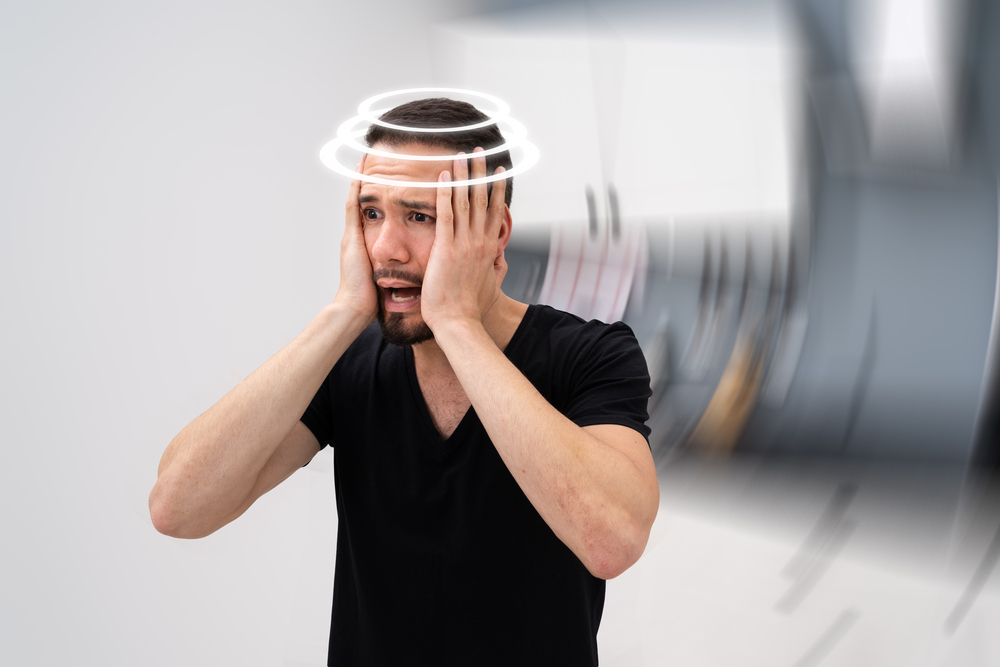Finance
The value of unintended consequences

How should we think about the problem of unexpected consequences? And what are the implications for the possibility of unintended consequences of top-down, technocratic policy initiatives aimed at mitigating targeted social problems?
For example, I have occasionally heard it argued that we should not worry too much about the unexpected consequences of interventions, because unexpected consequences are not necessarily bad. They might be good!
Albert Hirschman made this claim in his book The rhetoric of reactionwhere he advanced two claims – the idea that “purposive social action” only “occasionally” leads to adverse, unintended consequences, and that “it is clear that there are many unintended consequences or side effects of human action. Welcome instead of the opposite.”
In his book Power without knowledgeJeffrey Friedman argued that Hirschman’s case fails on both counts. To begin with: “Hirschman’s first claim is a generalization of naive technocratic realism. It tacitly appeals to the reader’s agreement that if we align our first-order assessments of technocratic wins and losses, technocracy comes out ahead and raises the epistemological question of assuming the reliability of these numbers.” Given that the very ability to accurately measure such things is the point at issue, trying to resolve the dispute by appealing to those numbers would indeed be a textbook example of question begging.
The second claim Hirschman makes could provide a basis for the defense of technocracy, but Hirschman fails to adequately defend it, Friedman argues:
To counter concerns about the technocracy’s adverse, unintended consequences, he should have argued that the unexpected consequences of the technocracy’s actions tend to to be useful, not just that they be able to be beneficial. So he should not have argued that ‘there are many unintended consequences or side effects…which are welcome’, but that, even though policymakers may not be aware of the side effects of their actions, something or other ensures that these effects are also will actually occur. more welcome than unwelcome overall. This claim would not be naively realistic, because it would point to a second-order factor or factors that could explain the net beneficial value of unintended consequences. However, because Hirshcman does not specify what this factor or factors might be, it is difficult to imagine how this claim could be supported, saved by a quasi-religious providentialism.
That is, Friedman argues that if one wants to save the argument in favor of technocracy in situations where technocrats lack what Friedman called “type 4 knowledge” – knowledge that the costs of a technocratic policy (consisting of both the costs of implementing the solution and any unexpected and unintended costs) will not exceed the costs of the original problem – relying only on pointing out that unexpected results could in principle be beneficial is simply inadequate. One should provide some positive reasons to believe that unintended consequences will have an impact overall trend be useful.
In his book, Friedman simply starts from the rather modest premise that “while the tendency toward unintended consequences may be more harmful than helpful or more beneficial than harmful, we do not know which is the case…The question, then, is whether our ignorance of the valance is more harmful for epistemological criticism of technocracy or for its defense.” He argues that the simple fact of uncertainty is fatal to the argument for technocracy, and to say otherwise “would be contrary to the rationalist face of technocracy, for it would allow the adoption of policies that – just like policies that a hat is drawn – is not justified. by knowledge, but by hope.” Appealing to the mere possibility that unintended consequences could be beneficial as a defense of technocracy effectively refutes the argument in favor of technocracy.
Friedman left unexamined the question of how to assess the value of unexpected consequences. His case did not depend on making a positive claim that the value will be neutral or even negative. But I want to go one step further than Friedman did: do we have reason to think that the valence of unintended consequences will tend to be positive, neutral, or negative? And on what basis would we investigate such a claim?
Friedman argues (rightly, I think) that we need to make a second-order argument on this issue. A second-order argument is an argument that focuses on systemic reasoning about the workings of a system, rather than on first-order arguments that attempt to add up points on a case-by-case basis. For example, you could argue that government may be operating inefficiently compared to market activity using first-order means pointing that building a public restroom consisting of a “small building with four toilets and four sinks” cost New York City taxpayers more than $2 million, while “privately managed Bryant Park, in the middle of Manhattan, cost much more is utilized’ and the recent bathroom renovation cost only $271,000.”
But the same article also makes a second-order argument about the systematic differences under which state and private enterprises operate, arguing that since “the government spends other people’s money, it doesn’t have to worry about cost or speed. Every decision is bogged down by time-wasting ‘public involvement’, inflated union wages and productivity-killing work rules.” We can thus distinguish between the first-order argument (examining specific cases) and the second-order argument (comparative institutional analysis). So the article uses a first-order case as an example of a hugely wasteful and inefficient government in what it does, and also offers a second-order argument for why this kind of inequality is systemic rather than random.
In my next post I will consider a second-order argument about the value of unintended consequences, and whether we should expect them to tend to be positive, neutral, or negative.













